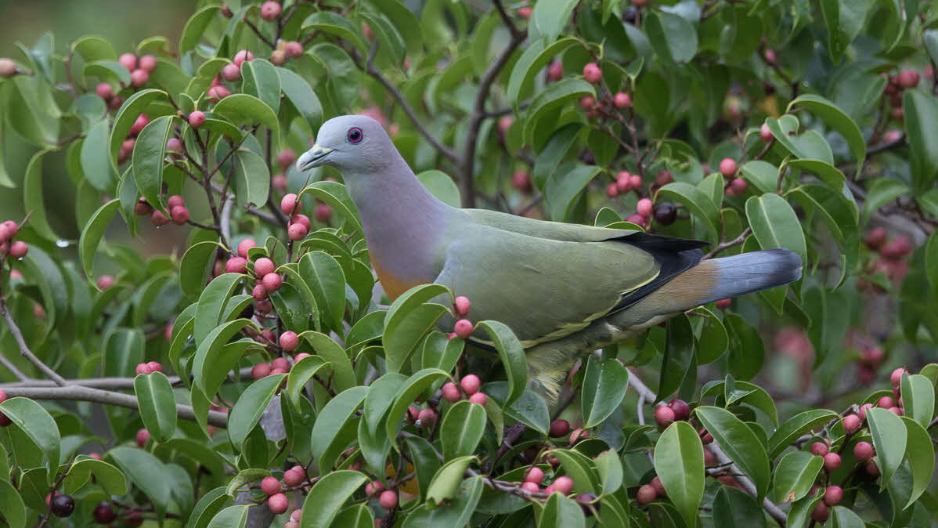
Official website links end with .gov.sg
Government agencies communicate via .gov.sg websites (e.g. go.gov.sg/open). Trusted websites

Secure websites use HTTPS
Look for a lock (
-
- Find a park or park connector
-
- Arts or heritage appreciation
- Barbecuing
- Birdwatching
- Camping
- Cycling or inline skating
- Dining
- Fishing
- Fitness studios
- Fun with children
- Fun with your dog
- Hiking
- Kite flying
- Mountain biking
- Nature walks or tours
- Photography
- Skateboarding
- Sandcastle building
- Shopping
- Staycation
- Therapeutic gardens and therapeutic horticulture programmes
- Water sports
- Wellness
- Festivities and promotions
- Events
Government official impersonation scam alert
Government officials will NEVER ask you to transfer money or disclose bank log-in details over a phone call. Call the 24/7 ScamShield Helpline at 1799 if you are unsure if something is a scam.
Temporary Closure of Adventure Playground at Pond Gardens
The Adventure Playground at Pond Gardens is closed for upgrading works from 26 December 2025. Please use the nearest alternative playground at River Plains (indicated on map) during this period. The expected completion date is 7 July 2026.





